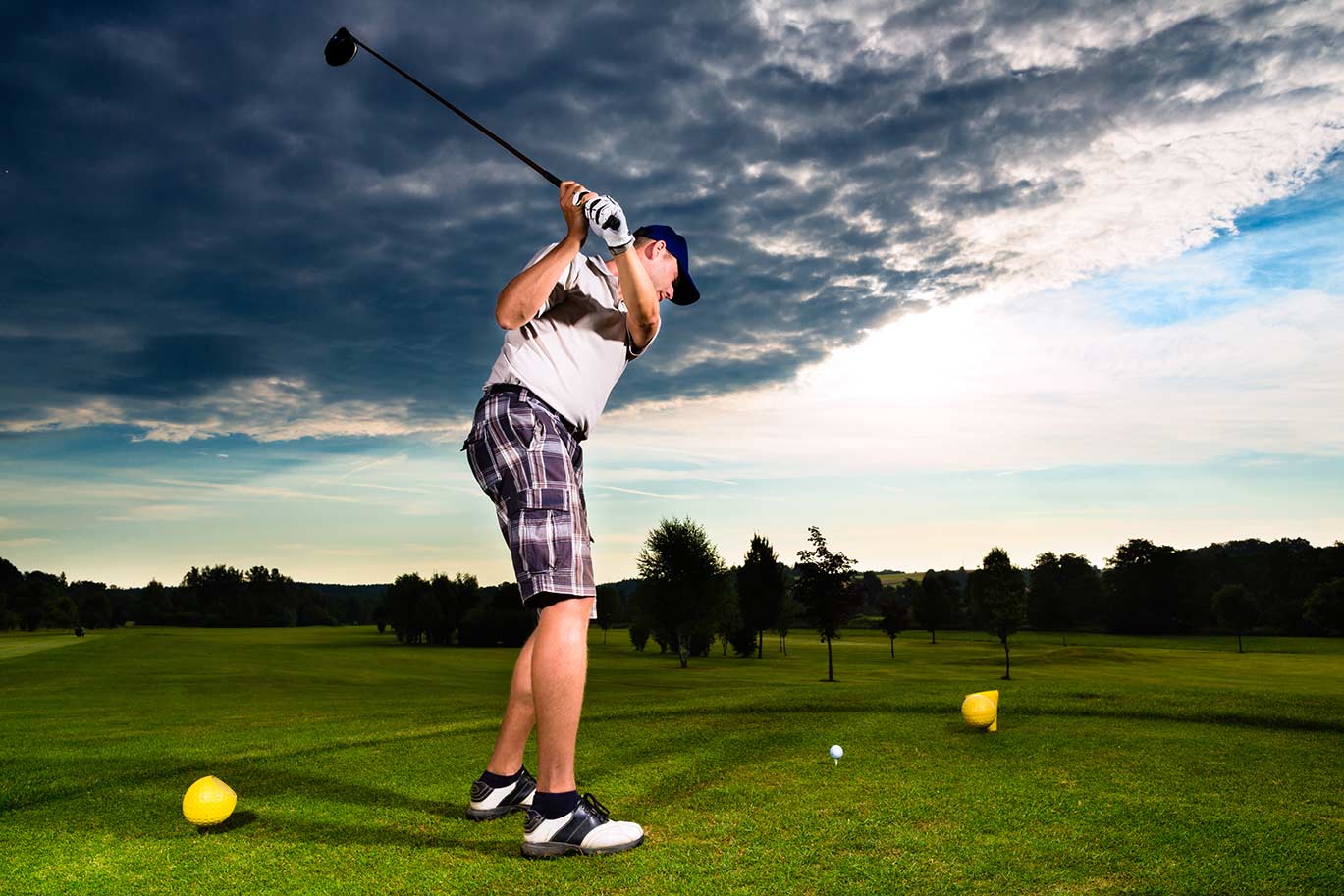 Chiropractic care can be an excellent choice for relief of elbow pain. Not only does chiropractic care avoid the use of medications or surgeries, it aims to address the source of the pain as well as treat the symptoms. By actually fixing the structural components of your elbow (bones, muscles, etc.), you can experience both pain relief and prevention of future elbow problems.
Chiropractic care can be an excellent choice for relief of elbow pain. Not only does chiropractic care avoid the use of medications or surgeries, it aims to address the source of the pain as well as treat the symptoms. By actually fixing the structural components of your elbow (bones, muscles, etc.), you can experience both pain relief and prevention of future elbow problems.
There are three bones involved in the elbow joint: the radius (forearm), ulna (lower arm) and humerus (upper arm). The ball and socket style joint allows us to move the arm in a variety of ways, such as when we do bicep curls or when we turn the arm from palm facing down to palm facing up. The complexity of this joint means there are plenty of opportunities for strain and injury, irritation or inflammation. Usually pain in the elbow is caused by some combination of overuse, overexertion, genetic makeup and/or degenerative disease.
Common elbow conditions that can be treated by chiropractors include tennis elbow, golfer’s elbow, and bursitis. Tennis elbow, also known as lateral epicondylitis, is a kind of tendonitis that results from overuse of the muscles and tendons that connect the forearm muscles. The repetitive motion of tennis can lead to this condition and usually causes a small amount of pain at first. The pain gradually increases and can make shaking hands or squeezing objects difficult. It is unlikely to go away on its own, and chiropractic treatment will likely include rest and ice, exercises, massage, and joint manipulation.
Golfer’s elbow is similar to tennis elbow, but instead of the back or outside of the elbow, the condition usually affects the inside of the elbow. It is usually caused by repetitive stress from golf maneuvers, although golfer’s elbow can also arise from one violent swing. In addition to golfers, other people who use their elbows in a similar manner to golfers, such as carpenters, can experience this particular pain. Treatment for golfer’s elbow is very similar to that for tennis elbow.
Bursitis refers to inflammation or injury to the bursae, which are our joints’ shock absorbers. The elbow bursa is located at the end of the elbow, between the bones and loose skin. Bursitis is usually caused by trauma, prolonged pressure such as leaning on a desk, infection, or medical conditions such as rheumatoid arthritis. If left untreated, pain and difficulty moving the elbow can result. The usual treatment for bursitis is ice and ultrasound.














